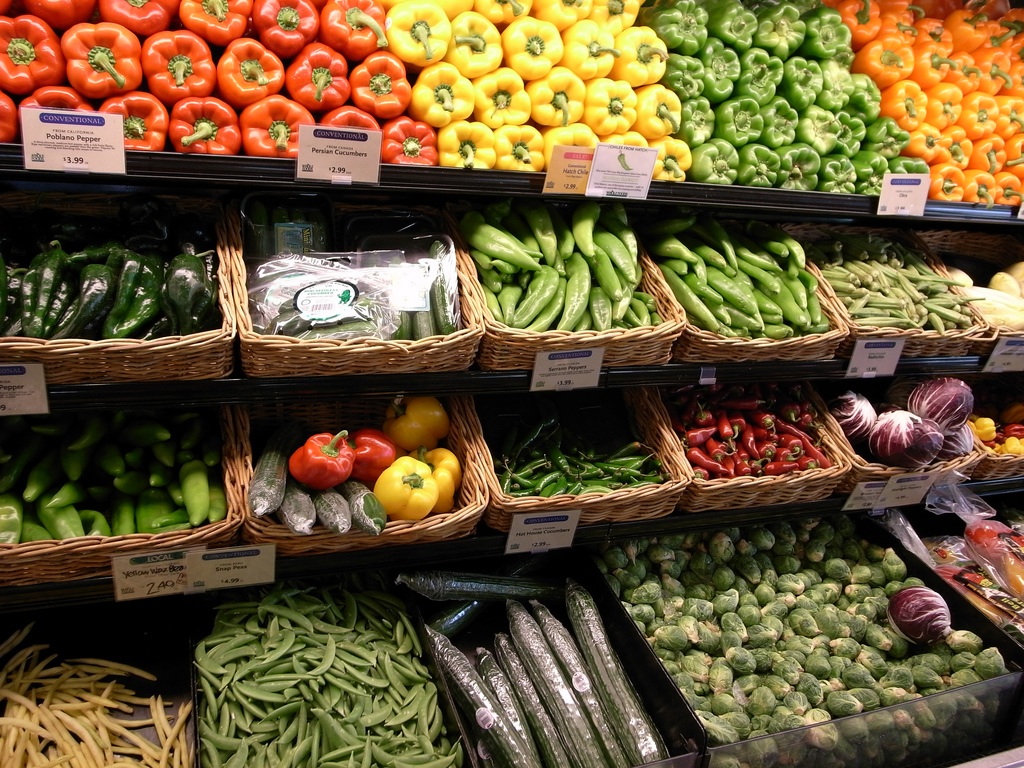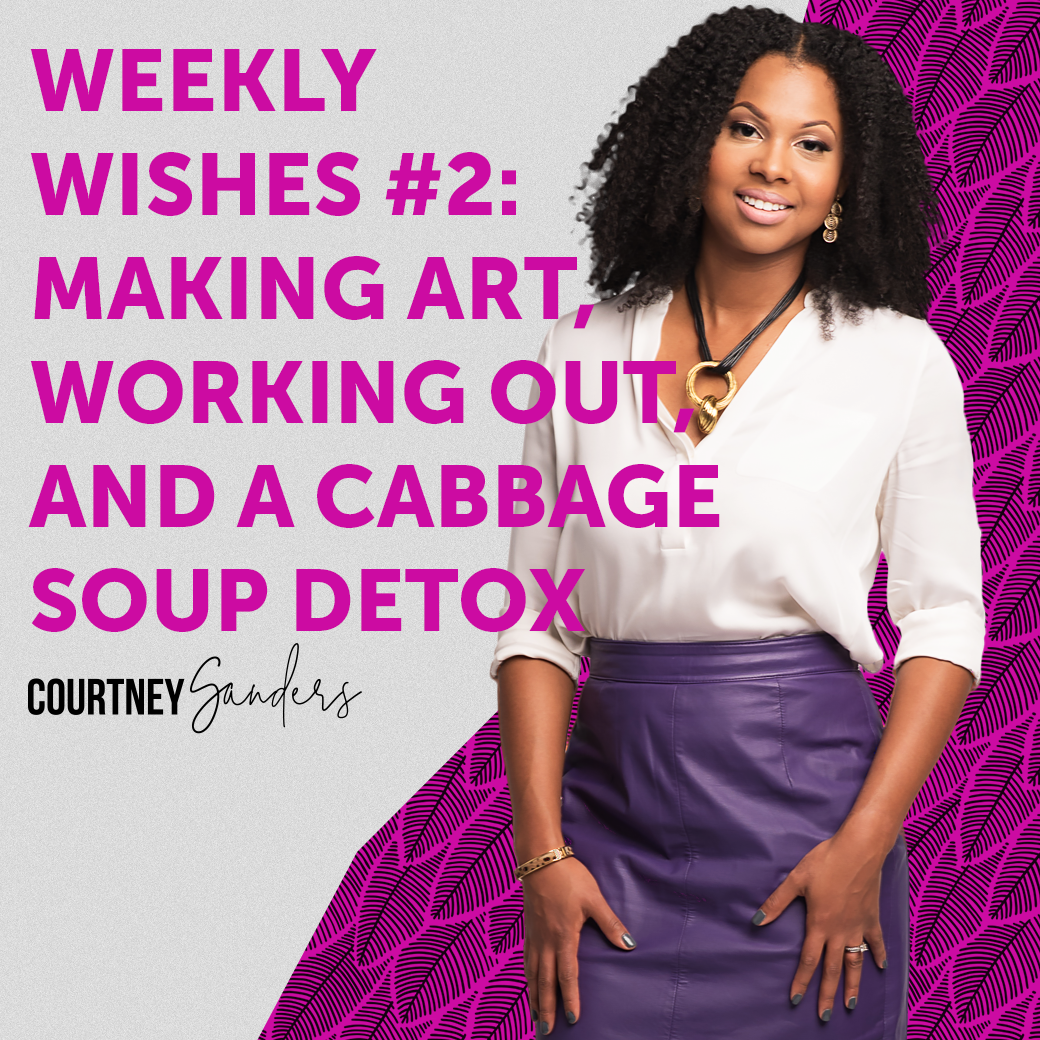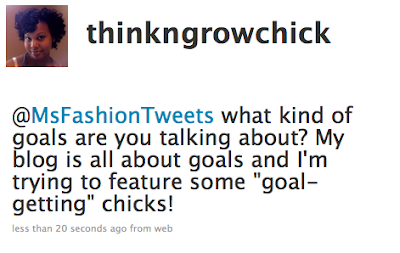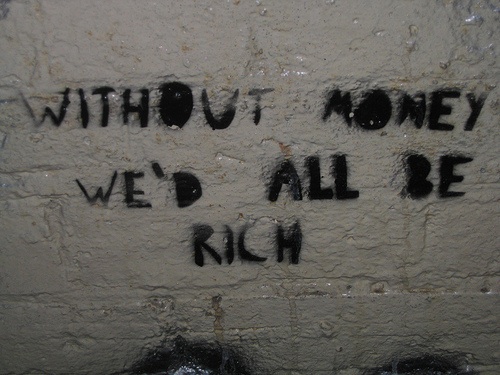
[caption id="attachment_146" align="aligncenter" width="500" caption="Photo by Masahiro Ihara on Flickr"]

[/caption]It was one of those weeks where I was on a roll in terms of learning new information. You know the feeling—suddenly you're addicted to CNN, you're forgoing supermarket tabloids for actual newspaper editorials, and random books that were previously of no interest to you are now calling your name in the aisles of Barnes & Nobles. What started as a boring and lonely night on one Friday evening, turned into a full-out revolution when I, on whim, decided to watch the documentary Food, Inc. on Netflix. Intrigued by the movie ever since my roommate had been raving about the film (and it's counterpart, Fast Food Nation), I was unprepared for the impact that 94 minute session would have on my life. I learned many things when watching that movie, but the most important and definitely most profound insight was simply this:You are what you eat.I felt a little silly when coming to this realization, actually. Here I was an entrepreneurial, natural hair evangelist and I had never once made the link between all the goals that were figuratively "on my plate" and all the food that was—quite literally—on my plate. In short, what you eat affects a lot more than how much weight you gain—food can singlehandedly promote or curtail your energy level, your ability to get things done, your health in years down the road, the vitality of your skin, and even (gasp!) your hair growth. With every bite we are making a choice, consciously or unconsciously, about whether we are going to strain our bodies to the limit or free our bodies to accomplish the things that are most important to us.They say hindsight is 20/20, but I couldn't help but say "duh!" to myself as I thought about my constant headaches, skin breakouts, and sporadic energy (especially after eating fast food when on the go) I had been battling for a while. When we eat processed, chemically laden, pesticide-ridden food, it takes our body longer to break it down, and in turn leaves us feeling sluggish and completely ineffective. Additionally, all the ingredients we eat that our bodies can't process, such as the chemicals, dyes, and pesticides, stay in our systems only to cause havoc that manifests itself in different ways (migraines, disease, allergies, etc) over time.All of this boils down to consciousness; we need to be conscious about what makes it to the end of our fork. Unfortunately, it is no longer enough to simply avoid fried foods or to choose leaner cuts of meat. Because of the way America's agricultural system has developed in the last 50 years, we are not only what we eat, but we are what we eat eats. Food Inc. (and most of the literature on the subject) was most impressive to me in it's exposure of the kinds of things our livestock and even our crops are eating. Did you know that cows fed a diet of grass develop 80% less E. Coli than cows fed corn or grain? Did you know that as of 2006, 89% of all soybeans in the United States are genetically modified?I don't know about you, but with as much work as it takes to accomplish all of the goals I talk about on this blog, the last thing I want is to have my efforts undermined by something as simple as the food I'm eating. While I'm no master at healthy eating, here are a few changes I've been able to make in a matter of weeks for a cleaner, more beneficial diet:
- I do most of my shopping on the perimeter of the grocery store. On the walls of the grocery store is where you'll find most of the fresh, unprocessed items like eggs, vegetables, meat and dairy. On the inside of the grocery store is where you'll find most of the canned, boxed, and shrink-wrapped, processed food.
- I read labels and check the ingredients of everything. If there is an ingredient I don't recognize, can't pronounce, or wouldn't find in the average home kitchen, I simply don't buy it. Red #40 doesn't belong in my strawberry jam and high fructose corn syrup doesn't belong in my wheat bread.
- I buy things with a short shelf life and consequently, go grocery shopping more often. The shelf life of most processed food can extend as long as a few years in some cases. There is no natural food on earth that will not rot at some point, which means foods with incredible shelf lives are virtually always processed foods.
- I try to make everything from scratch because, when you make things from scratch, you are more aware of the ingredients you are using. I have a mean recipe for oven fries made from scratch with real potatoes; compare what's in those to the frozen "zesties" found in the freezer section of your local grocery store.
- I now buy my meat local, organic, free-range, and when applicable, grass-fed, whenever possible. The livestock production in the country is questionable at best; the last thing I need is to get seriously ill over industrialized meat. Local operations are generally smaller-scale and less like to be able to afford, no less use the unhealthy raising practices found in big livestock operations.
While the way I eat is certainly not perfect, it's drastically better than how I was handling my body even one month ago. Little changes garner big results and already I'm looking and feeling so much better. My ultimate goal is to live successfully–why not eat the same way?
Related Articles
< Back to all blogs
Weekly Wishes is a weekly link-up (via Melyssa @ The Nectar Collective) where I share my goals or “wishes” for the week along with other bloggers. Last Week’s Goals...








.png)

